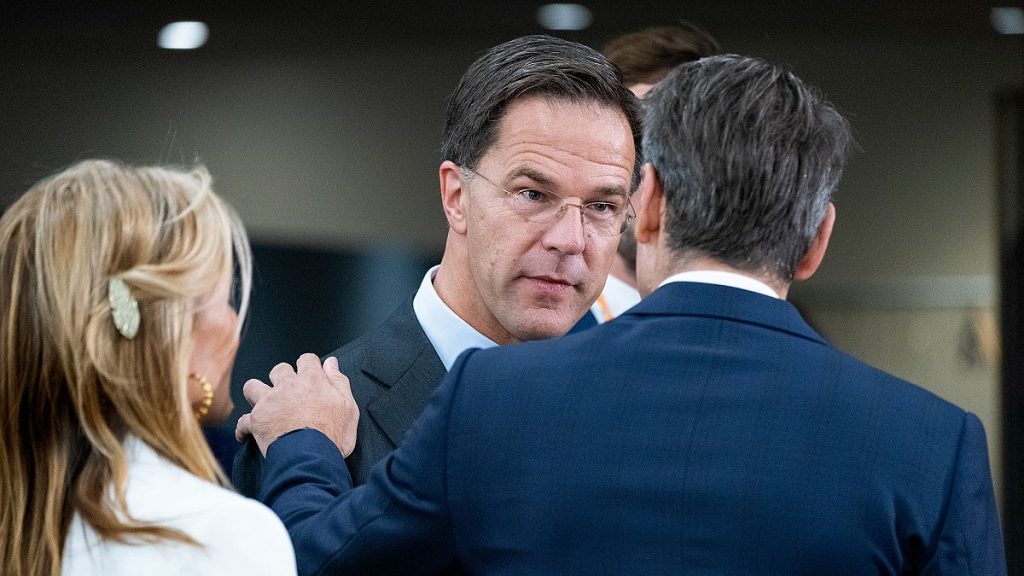NATO is in the process of selecting a new Secretary General as current leader Jens Stoltenberg is due to step down. The decision comes at a crucial time for the alliance, which is facing threats from Russia and uncertainty around a potential second Trump presidency. The Secretary General is selected through consensus among NATO’s members, with the role traditionally held by a European senior political figure for a four-year term.
The leading candidate for the role is Mark Rutte, the Prime Minister of the Netherlands. Rutte has gained support from 29 of NATO’s 32 members, including the US, and is expected to step down from his current position soon. Other contenders like Romanian President Klaus Iohannis have far fewer backers, with some potential nominees withdrawing and throwing their support behind Rutte. Rutte’s moderate stance on Russia and pro-Ukraine views make him a favorable choice for the position.
Despite his front-runner status, Rutte still faces opposition from significant holdouts within NATO, including Hungary and Slovakia. Hungarian Prime Minister Viktor Orbán has vetoed EU aid for Ukraine and sanctions on Russia, while Slovakian Prime Minister Robert Fico is currently recovering from a politically motivated attack and has not yet signaled support for Rutte. The decision on the Secretary General role may be delayed until after the European elections in June.
The impasse over the appointment of the new Secretary General may be resolved at a NATO Summit in Washington, DC in July. However, the decision could be influenced by wider EU top jobs decisions and leadership changes within EU institutions. The outcome of the US elections in November could also impact NATO, with concerns over the potential impact of a second Trump presidency on the transatlantic alliance. Trump has called for increased military spending by allies and has made controversial statements regarding Russia.
Overall, the selection of the new NATO Secretary General is a complex process involving diplomatic negotiations and the alignment of member countries’ interests. Mark Rutte, the leading candidate, faces opposition from some key NATO members, but his moderate stance on Russia and pro-Ukraine views may make him a favorable choice. The decision may be delayed until after the European elections, with hopes of resolution at the NATO Summit in July. The outcome of the US elections in November could also have significant implications for the alliance.


